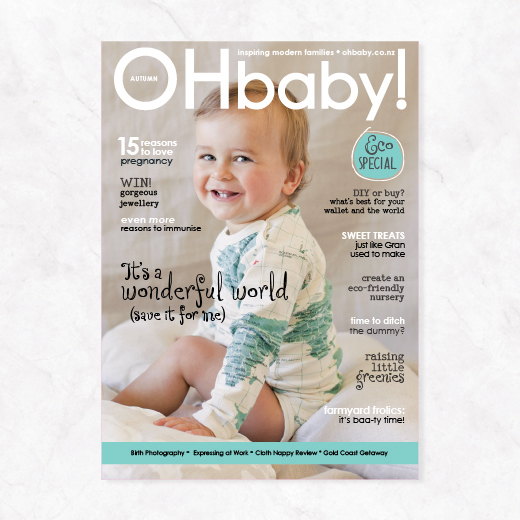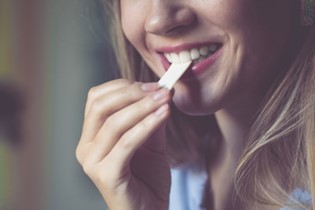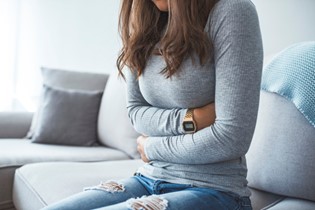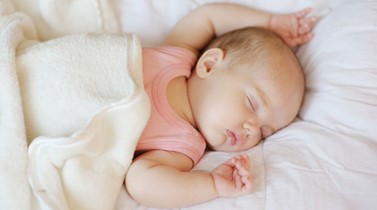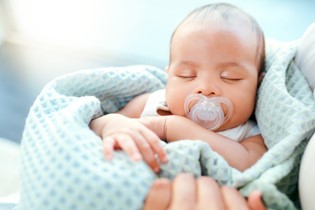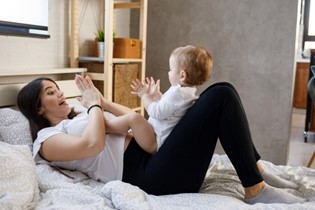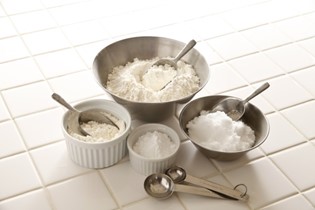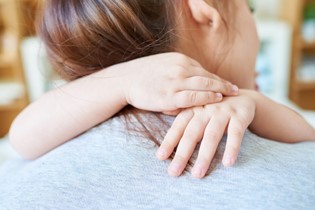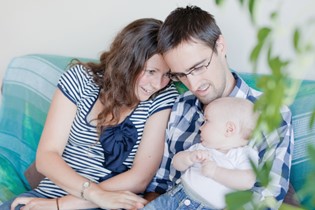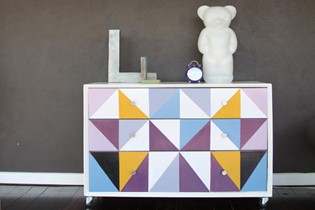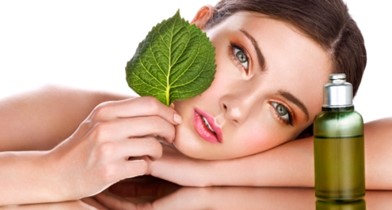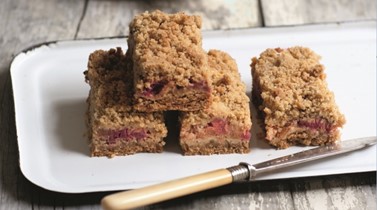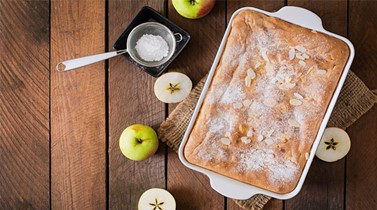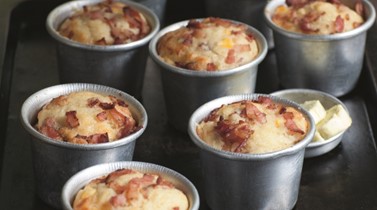Is tea safe to drink?
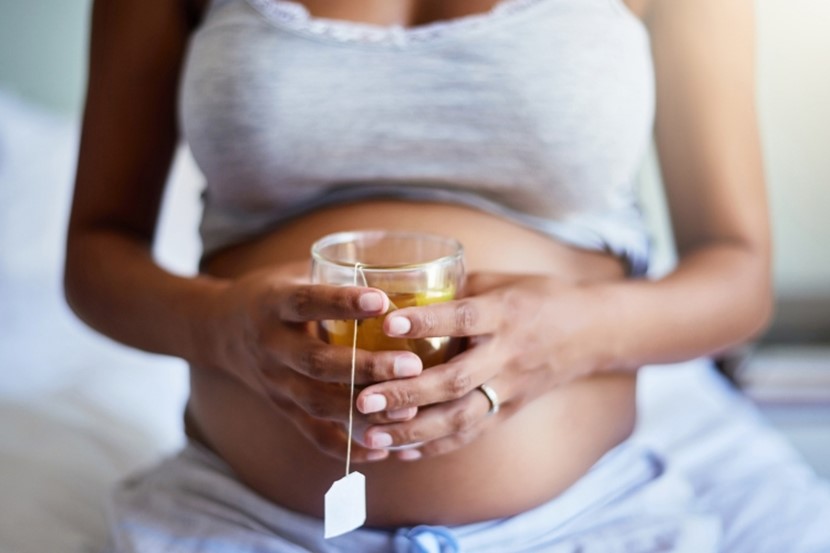
If you’re a new or expectant mum there’s never been a better time to sit back and enjoy a cuppa!
Tea for two
When you’re pregnant or breastfeeding you’re effectively drinking for two. So it’s time to say goodbye to caffeine, or at the very least, to dramatically cut down your daily order of double-shot lattes. If you aren’t already, now may be the perfect time to become a tea drinker, as herbal teas are not only refreshing, they’re good for your health. As a rule of thumb you generally need about three cups a day of a good-quality tea to get the health benefits.
We asked Leanne Pratty, a naturopath and herbalist about top teas for mums:
Pregnancy: Look for teas containing nutrient-rich herbs such as nettle, which is high in iron, and other vitamins and minerals to help you stay energised. Peppermint can help manage constipation, heartburn and nausea.
No pregnancy blend can be without raspberry leaf, traditionally used in the third trimester to strengthen and tone the uterus, thus encouraging an easier birth.
Morning sickness: The two key herbs are ginger and peppermint. To ensure you get the benefits it is important to drink the tea regularly throughout the day. Research on ginger has shown morning sickness improves if the blood levels of the active component in ginger stay consistent. So drinking herbal tea throughout the day is an ideal way to get that ginger into your system.
Breastfeeding: Before you even take a sip, you can get a health boost from taking a little moment to slow down, put the jug on and brew yourself a cuppa. This simple task will relax you and if you’re relaxed, your milk will flow more
Sleeping: Make a strong cup of calming tea containing herbs such as passionflower and chamomile about an hour before bed to help you wind down after your busy day.easily. Leanne says a specific breastfeeding blend should contain relaxing, calming herbs such as chamomile and lemon balm. She says fennel seeds can help improve the quantity and the quality of milk and reduce symptoms of colic, while nettle can prevent allergies.
Counting the caffeine
Leanne Pratt says you should try to consume no more than 300mg of caffeine daily when pregnant or breastfeeding. So what does that mean? Typically a cup of coffee contains 150mg caffeine, so two a day should be fine. Black tea contains approximately 45mg and green tea 15mg, so you can drink around four to six cups of tea a day safely.
Good quality, fresh herbal teas shouldn’t need any extra sugar, but you can add a little honey if you wish to bring out the flavours.
Coffee versus tea
Caffeine is a diuretic, which means you lose water and minerals when you drink it. This is more noticeable with a cup of coffee, as the caffeine is absorbed quickly through your stomach lining. The caffeine in tea is bound to antioxidants so it is released more slowly. You would need to drink five cups of black tea in one sitting to have the same diuretic effect as one flat white. Of course herbal, fruit and rooibos teas are 100% caffeine-free, and make a great alternative.
 A taste of Africa
A taste of Africa
Rooibos, also known as Red Bush, is a caffeine-free tea that’s commonly drunk throughout pregnancy in South Africa. It’s chock-full of nutrients such as iron, calcium, potassium, zinc and magnesium, plus it contains the allergy-fighting antioxidants quercetin and rutin, which are known to reduce the incidence of colic and allergic skin conditions such as eczema in babies. It has a lovely, mild honey-like flavour, and unlike most herbal teas, it can be drunk either with or without milk.

AS FEATURED IN ISSUE 21 OF OHbaby! MAGAZINE. CHECK OUT OTHER ARTICLES IN THIS ISSUE BELOW
